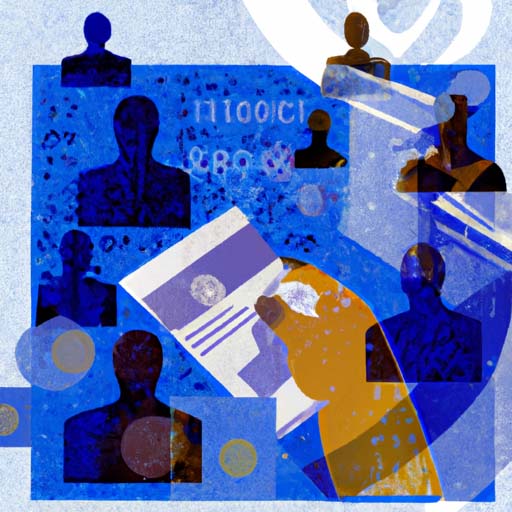TLDR:
- VCs are often entrepreneurs themselves, facing similar challenges to startup founders.
- VCs and founders have more similarities than differences, which can lead to a powerful and mutually rewarding relationship.
Founders and VCs have valuable insights into each other’s motivations and challenges, highlighting the fact that many VCs are also entrepreneurs in their own right. The article emphasizes the similarities between the two roles, with VCs navigating complex cycles of fundraising, investing, managing portfolio companies, and securing exits, much like startup founders. VCs must be highly curious, flexible, and resilient, embracing constant innovation and managing numerous moving parts while multitasking and being resourceful.
Understanding the differences between VC founders and startup founders can lead to more effective collaboration. While startup founders have a focused day-to-day life with clear targets, VCs face unpredictability with new deal flow and issues across multiple companies. VCs juggle multiple responsibilities, while founders focus on solving big, focused problems. The article also highlights the growth pains of early-stage businesses and the higher stakes for founders when a product fails or runs out of money.
The author, having experience as both a VC and an entrepreneur, emphasizes the valuable transfer of knowledge and understanding that occurs in the VC-founder relationship. This mutual understanding is critical to the powerful and rewarding nature of this relationship. By relating to the pressures and challenges faced by founders, VCs can provide insights, connections, and support, making the relationship beneficial for both parties.







